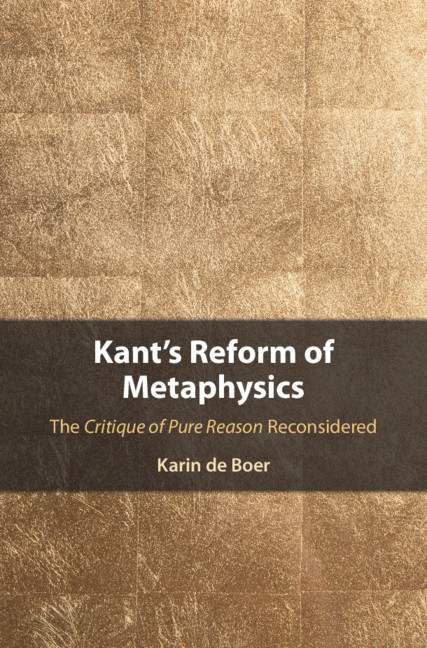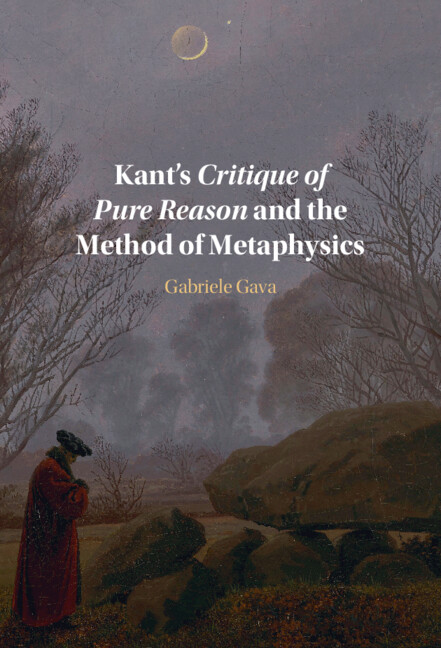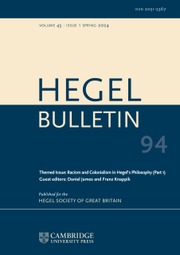Kant's Metaphysics of the Will
The idea of the individual as autonomous, capable of understanding through the use of reason what morality requires, and capable of doing the right thing because it is right, is one of the pillars of the Enlightenment, and Kant's ethics provides a robust account of the way in which the individual's capacity for moral insight, and freedom to make choices in accordance with such insight, are indispensable for any account of an authentic commitment to the objective good. Jacqueline Mariña situates Kant's ethical and metaethical arguments in the wider context of his claims in his critical works, convincingly rebutting recent claims that he did not succeed in showing that rational agents are necessarily bound by the moral law, and that he ended up with an empty moral dogmatism. Her book shows that the whole of Kant's critical works, both theoretical and practical, were much more coherent than many interpreters allow.
- Shows that the whole of Kant's critical works, both theoretical and practical, were much more coherent than many interpreters will allow
- Demonstrates the coherence of Kant's arguments in Groundwork with claims made in other critical works, in particular the first and second Critiques
- Situates Kant's ethical and metaethical arguments in the wider context of his claims in his critical works
Reviews & endorsements
'Kant's Metaphysics of the Will reveals the deep structure of the moral law, as Kant contextualizes and justifies it in the Groundwork and the Critique of Practical Reason. Mariña's philosophically rich and carefully argued study provides a sympathetic and non-mystical understanding of the trajectory from the Groundwork to the second Critique and is, hence, a welcome contribution to the long-standing debate on the moral law and its controversial justifications in Kant's critical metaphysics of morals.' Konstantin Pollok, Gutenberg Universität Mainz
Product details
September 2025Hardback
9781009574747
272 pages
229 × 152 mm
Not yet published - available from September 2025
Table of Contents
- 1. Introduction
- 2. The power of reason
- 3. The deep structure of the moral law
- 4. The transfer argument
- 5. Freedom and internalism
- 6. The grounding argument
- 7. Two deductions and the problem with freedom
- 8. Epilogue
- Bibliography.







